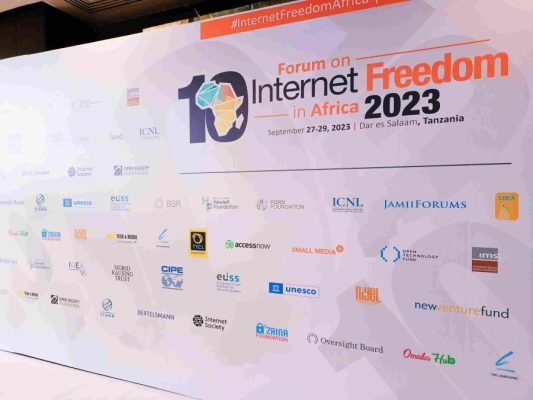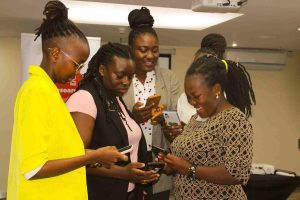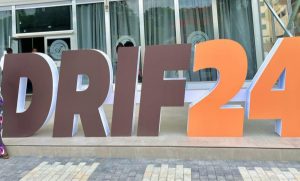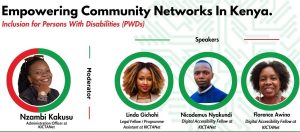The opening ceremony of the Forum on Internet Freedom in Africa (FIFAfrica) 2023, convened by The Collaboration on International ICT Policy for East and Southern Africa (CIPESA) and co-hosted by the Tanzania Ministry of ICT in Dar es Salaam, Tanzania, from 27th to 28th September, witnessed a thought-provoking discussion on the forum’s theme “The Internet Freedom We Want for Africa”.
The speakers and panellists passionately shared their thoughts on the current state of internet freedom in Africa and how it affects the realization of digital human rights, particularly in information freedom.
The discussions brought to light several weak internet and information elements that pose challenges to internet freedom in Africa. The speakers (Hon. Neema Lugangira, the Bukoba member of parliament and Chairperson of Omuka Hub, Hon. Nape Nnauye, Minister of Information, Communication and Information Technology, Tanzania, John Bosco Mayiga, program specialist UNESCO, Wairagala Wakabi, Executive Director, CIPESA, Felicia Anthonio, the Access Now #KeepItOn Campaign Manager, and Sh amira Ahmed, Executive Director, Data Economy Policy Hub South Africa), emphasized the need to address the challenges and strengthen the internet infrastructure to enable the full realization of digital human rights.
The discussions aimed to create awareness and pave the way for enjoying Internet freedom in Africa.
Preventing or minimizing unnecessary data collection and processing is crucial. Laws and regulations in place should guide the collection and processing of data. For example, the COVID-19 pandemic led to the development of apps and spaces that collected a lot of data for citizen surveillance, but there was no transparent or clear explanation of what happened to the data and its implications.
Furthermore, guidelines should be in place for citizens’ data, such as national ID data, immigration, and migration processes, on intended use and safety. An example is the KICTANet’s Policy Brief on Personal Data and Elections in 2022. The publication looks into the role of election management bodies, political parties, and telecom companies in facilitating the election process to comply with the Data Protection Act, 2019. It goes on to highlight the functions of the Office of the Data Protection Commissioner (ODPC) in overseeing the data collection and processing by these entities establishing guidelines for handling personal data, and educating the public to respect the right to privacy.
Weak enforcement of laws and certifications to collect unwarranted data weakens Internet freedom further. This could also include sim registration and mobile money transaction registrations, which could end up in marketing and other digital algorithms.
Cyber security is the other element that needs to be resourced to enable a safe and robust online environment. The focus should be on operationalizing issues, building capacity and raising awareness of the social-economic implications of cyber insecurity. A good example is the identification numbers such as national IDs, Driving Licenses, Jamii Numbers in Tanzania and other personal identification systems. Great considerations should be on data breach and protection, educating collectors and processors to build institutional capacity to handle such data.
The use of Biometrics is the new norm. They have been incorporated in most systems from mobile devices to financial services accounts. However, it is the thought of biometrics being used illegally or beyond law provisions that should be of worry. As a continent, we need coherent regulatory frameworks. Currently, we are dependent on European Union frameworks for data protection. Some of the EU legal frameworks may not apply to an African context. We should have our own, contextualized and localized data protection laws. Frameworks that reflect our realities and experiences as a continent.
Policies and legal frameworks are the ladders we need to enjoy full freedom of the Internet and the digital space, and the foundation of it is accurate and well-secured data. It is also paramount that the laws we so much need are bucked up by evidence-based research data and a clear understanding of their expected impacts or outcomes.
Nicodemus Nyakundi is an ICT Access and Equality Fellow for Persons with Disabilities at KICTANet. He has a background in IT, and advocates for digital inclusivity.
![]()




